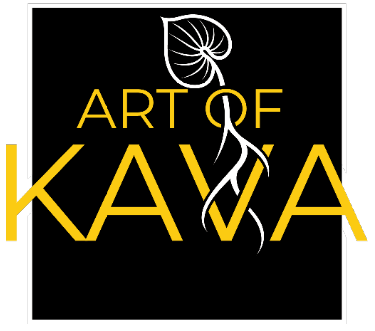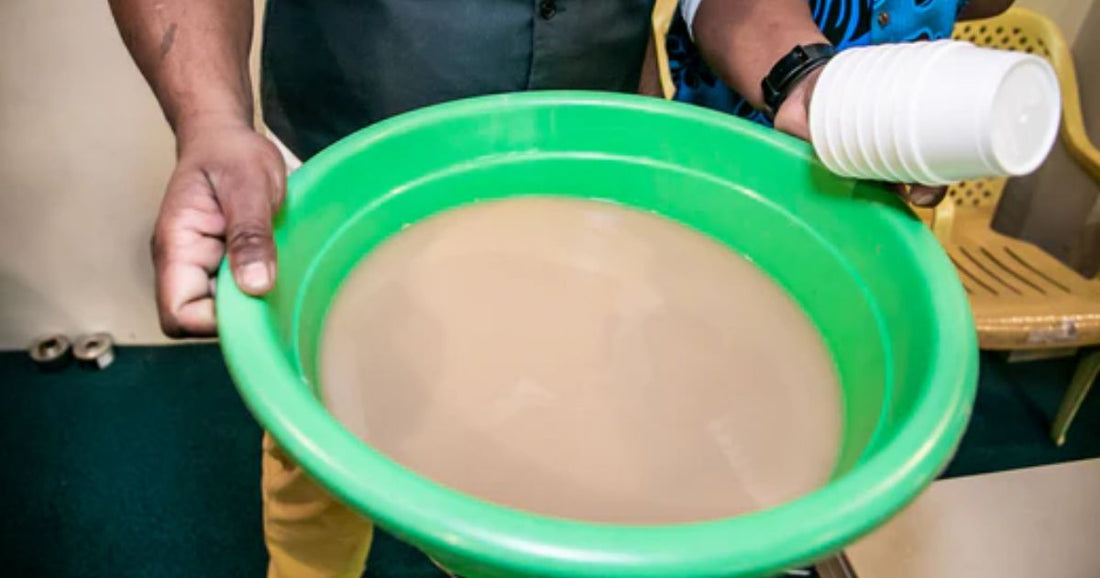Kava (Piper methysticum) is a traditional Pacific Island drink made from the root of the kava plant. Known for its calming and soothing effects, kava has gained popularity in recent years as a natural way to relax and unwind without alcohol.
But if you’re new to kava, you might wonder — is kava addictive?
The Short Answer: No, Kava Is Not Addictive
Unlike alcohol, nicotine, or certain prescription medications, kava is not considered physically addictive. It does not cause chemical dependence, withdrawal symptoms, or cravings when stopped.
Most research, including reviews from the World Health Organization (WHO), finds that traditionally prepared kava does not create a risk of dependency. This means you can enjoy kava without the cycle of tolerance and withdrawal seen with addictive substances.
Take a look at Art of Kava’s full line of noble kavas. Click here.
Why Kava Is Different from Addictive Substances
1. No Dopamine “Reward Cycle”
Addictive drugs often overstimulate the brain’s reward pathways, leading to dependency. Kava’s active compounds — kavalactones — work differently, influencing relaxation without triggering the same addictive response.
2. No Withdrawal Symptoms
Stopping kava use does not cause the physical withdrawal symptoms associated with alcohol, caffeine, or opioids.
3. Low Tolerance Risk
While you might build a mild tolerance over time, this is not the same as dependency. Many kava drinkers maintain the same effects without needing to increase their intake.
Time to stock up on supplies? Click here to pick up everything needed for your perfect kava beverage.
Why People Still Ask If Kava Is Addictive
The confusion often comes from kava’s relaxing effects, which can make people want to drink it regularly. This is more about habit than addiction.
Just like enjoying an evening cup of herbal tea, regular kava drinking can become a pleasant ritual — but it’s not chemically addictive.
Responsible Use Still Matters
Even though kava is not addictive, it’s important to:
-
Use noble kava from reputable sources
-
Avoid combining it with alcohol or other substances that affect the liver
-
Follow traditional preparation methods
-
Consult your healthcare provider if you have health concerns
FAQ: Kava and Addiction
Q: Can you get hooked on the feeling of kava?
A: You might enjoy the relaxing effects and want to drink it often, but this is a personal preference — not a physical addiction.
Q: Is kava safe for daily use?
A: Many people in the South Pacific drink kava regularly without harm, but it’s best to discuss long-term use with a healthcare professional.
Q: Does kava affect the brain like alcohol?
A: No. Kava does not impair judgment or motor skills in the same way alcohol does, and it does not cause chemical dependency.

